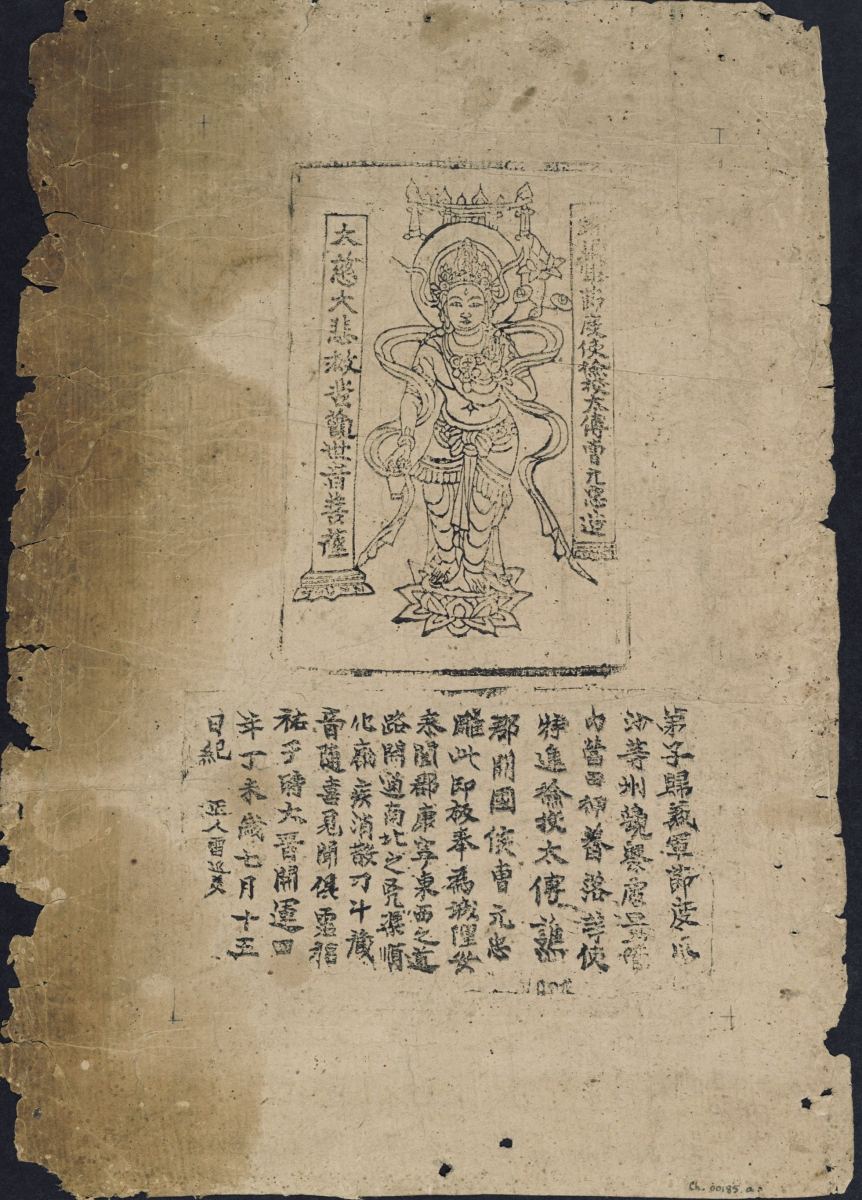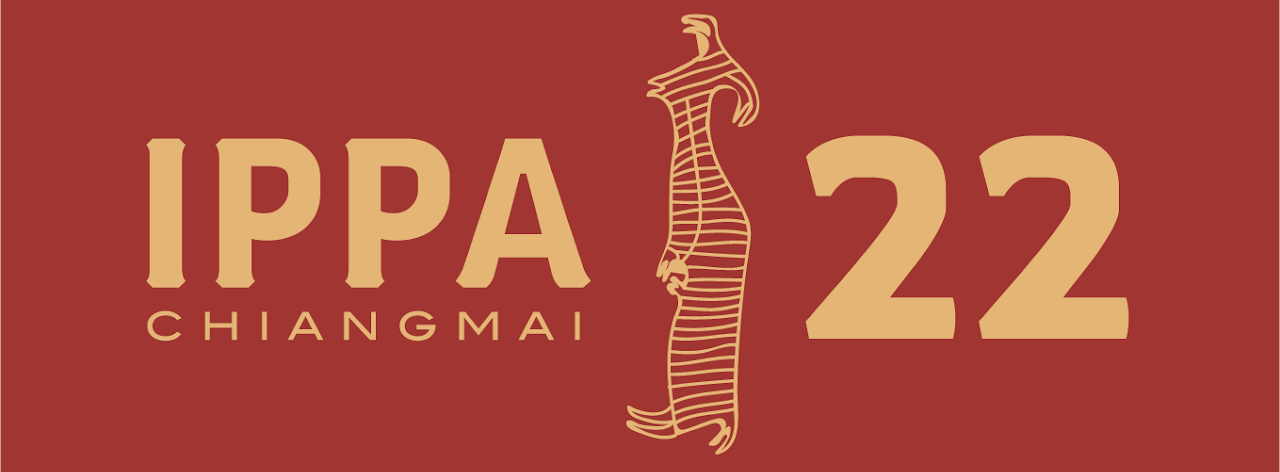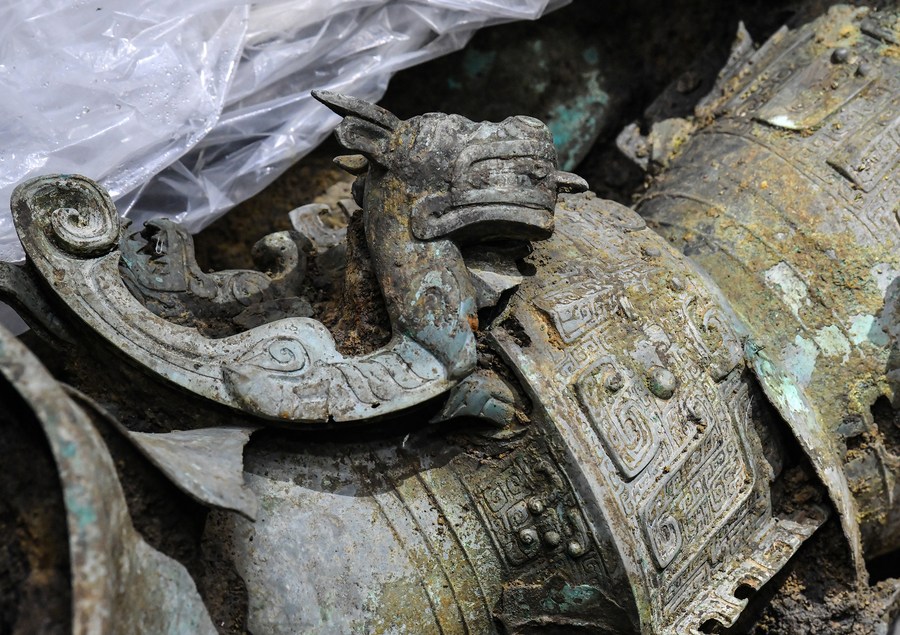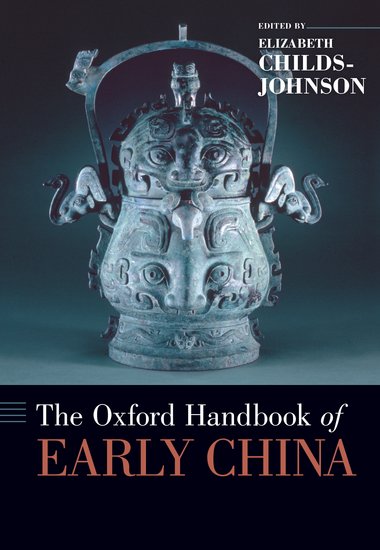Friday, April 16th at 12-1pm Eastern / 11am-12 Noon Central / 9-10am Pacific
Sponsored by the Society for East Asian Archaeology and the Southeast Asian Archaeology Interest Group
We look forward to seeing you at our Virtual Get-Together! The schedule for our meeting is as follows:
- Greetings from meeting hosts Francis Allard and Alison Carter
- Brief presentations from editors from the journals Antiquity, Archaeological Research in Asia, Asian Archaeology and Asian Perspectives as well as the Institute for Southeast Asian Archaeology.
- Brief presentations by two junior researchers on their work, as well as their thoughts and ideas on the present and future of East/Southeast Asian Archaeology, with time for Q&A.
- Dr. Piphal Heng, Postdoctoral researcher in the Center for Southeast Asian Studies, Northern Illinois University
- Dr. Lauren Glover, Honorary Fellow in the Department of Anthropology, University of Wisconsin-Madison





